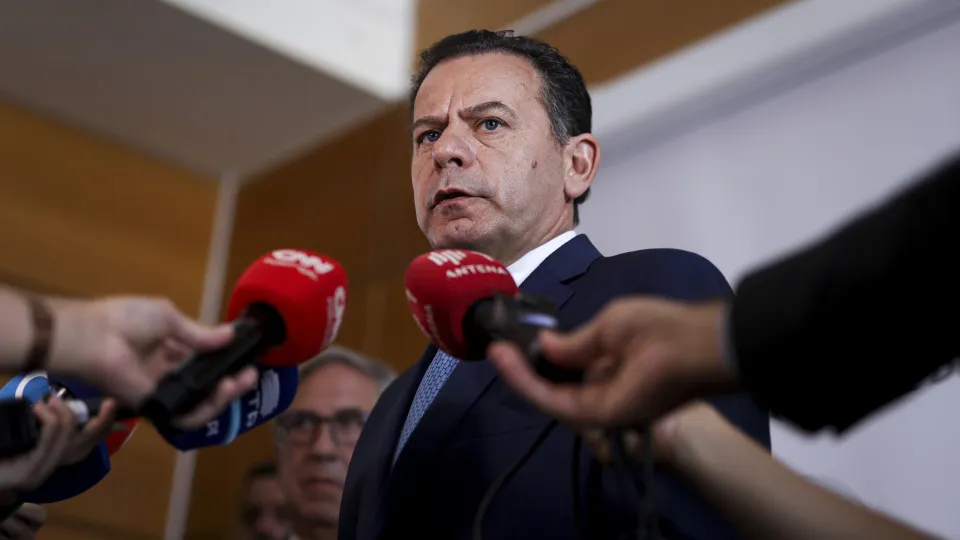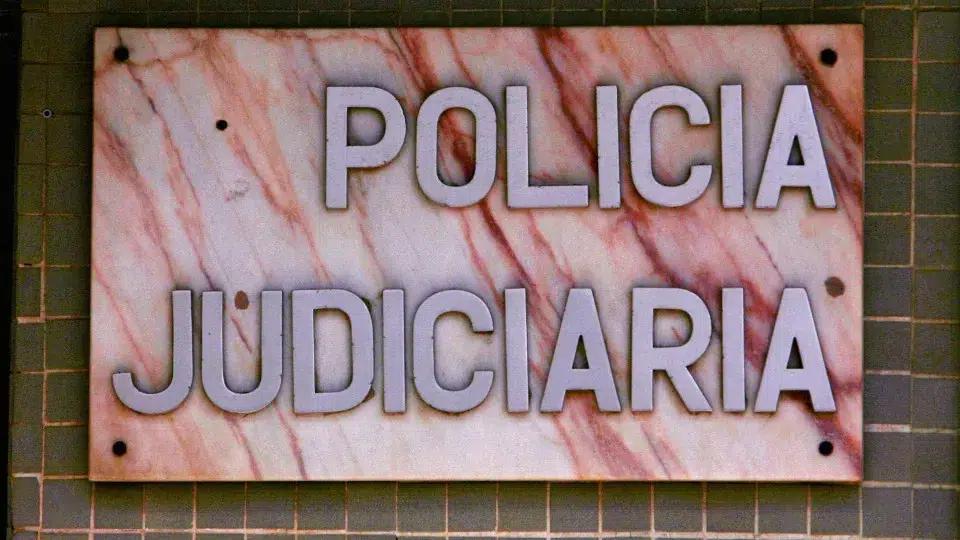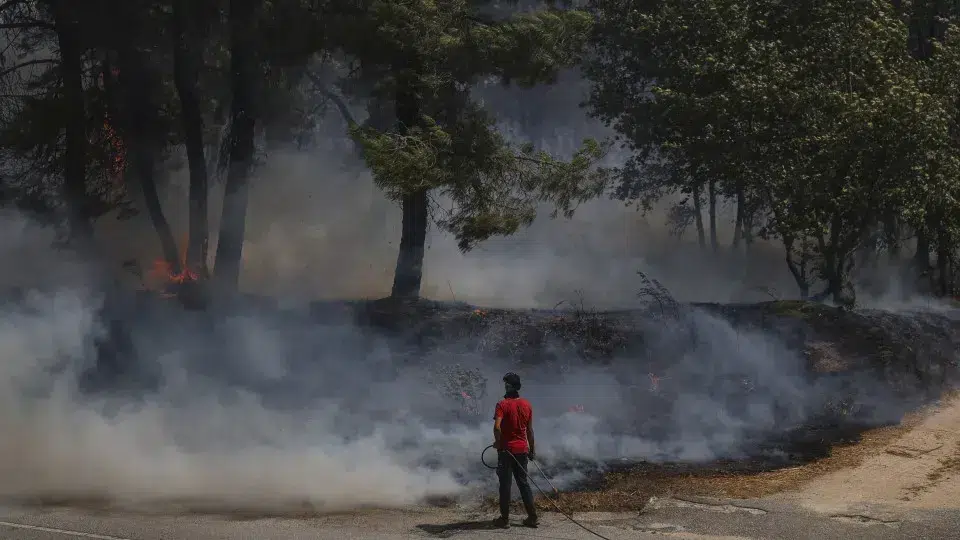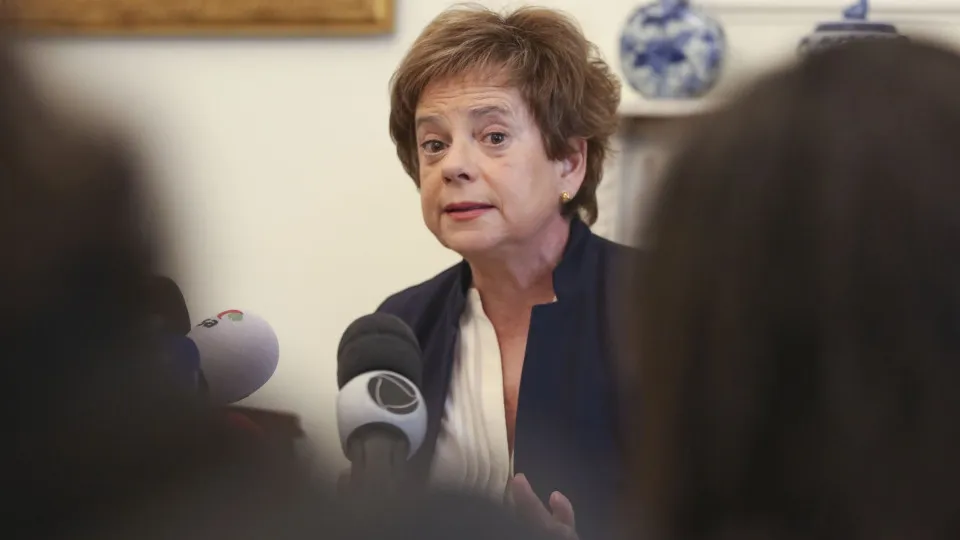
The Minister of Education, Science, and Innovation, Fernando Alexandre, stated that there are conditions to establish a single career if the upcoming legislative changes align with the government’s proposal. This announcement was made during an event at NOVA School of Business and Economics in Carcavelos, where the Secretary of State, Helena Canhão, had earlier suggested the possibility of a unified career framework in 2026.
When asked whether this would replace the current statutes of the University Teaching Career and the Polytechnic Teaching Staff, Fernando Alexandre confirmed this intention, also including the recently created Scientific Research Career Statute.
According to the minister, the unified career would encompass different profiles for research, polytechnic, and university paths, with institutions defining specific criteria for each profile.
Next year, the government aims to revise the Science Law, and a working group will be established to evaluate the structure of the national science and technology system. The minister emphasized the importance of clarifying the roles of each entity to create a scientific and innovation system more aligned with European changes and addressing societal challenges in Portugal.
Fernando Alexandre participated in the first day of the Science Meeting 2025, focusing on partnerships between the Foundation for Science and Technology (FCT) and American universities. He praised the collaboration between institutions in both countries, emphasizing the government’s commitment to preserving these 20-year-long partnerships.
In March, the Council of Ministers approved a new governance model for the fourth phase of partnerships with Carnegie Mellon University, the Massachusetts Institute of Technology, the University of Texas at Austin, and the University of Berkeley. This model includes the creation of national bodies for monitoring and evaluation, aiming for an integrated vision of partnerships and ensuring equal opportunities for national institutions, scientists, and companies, along with accountability and involvement from various government sectors.




